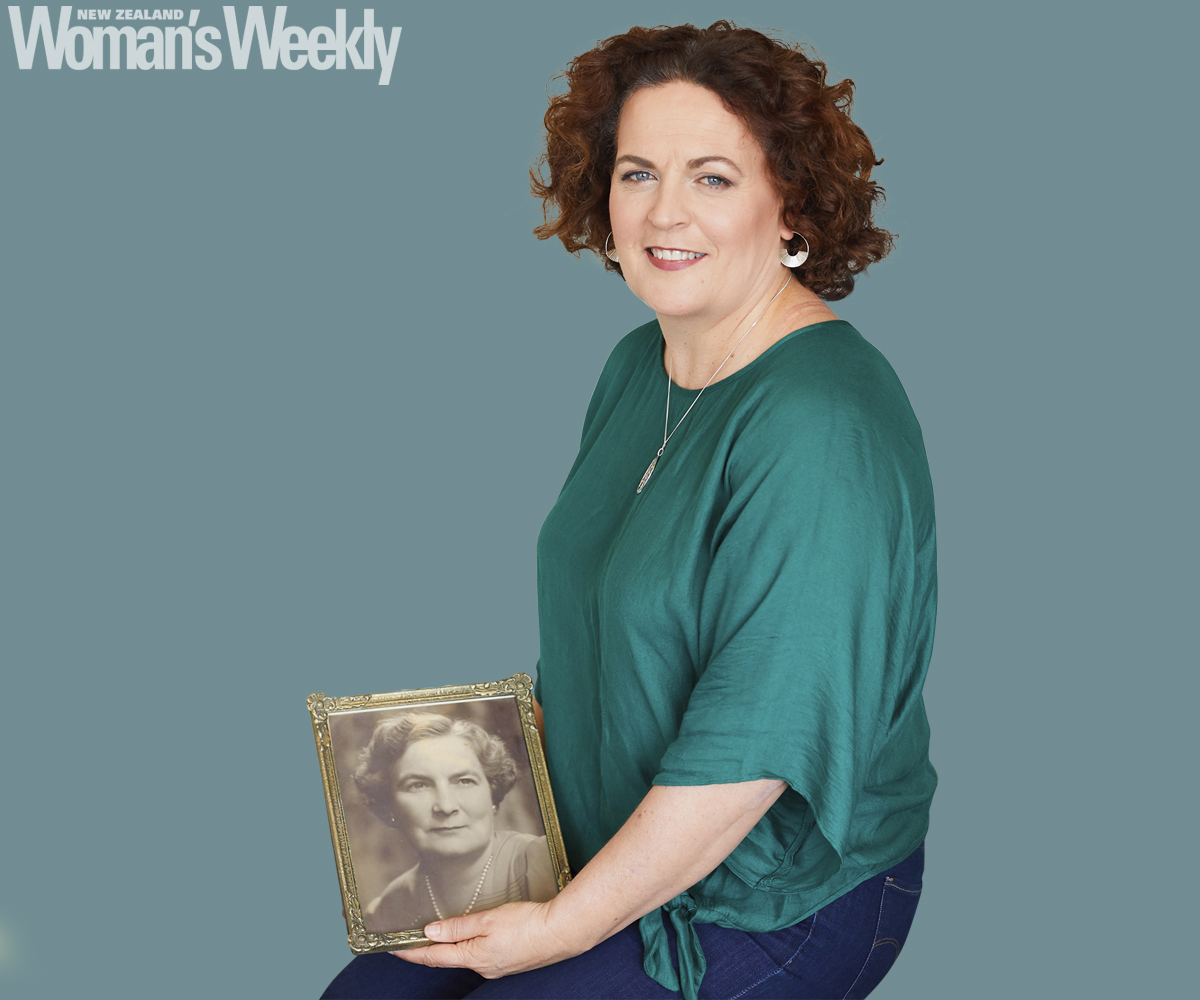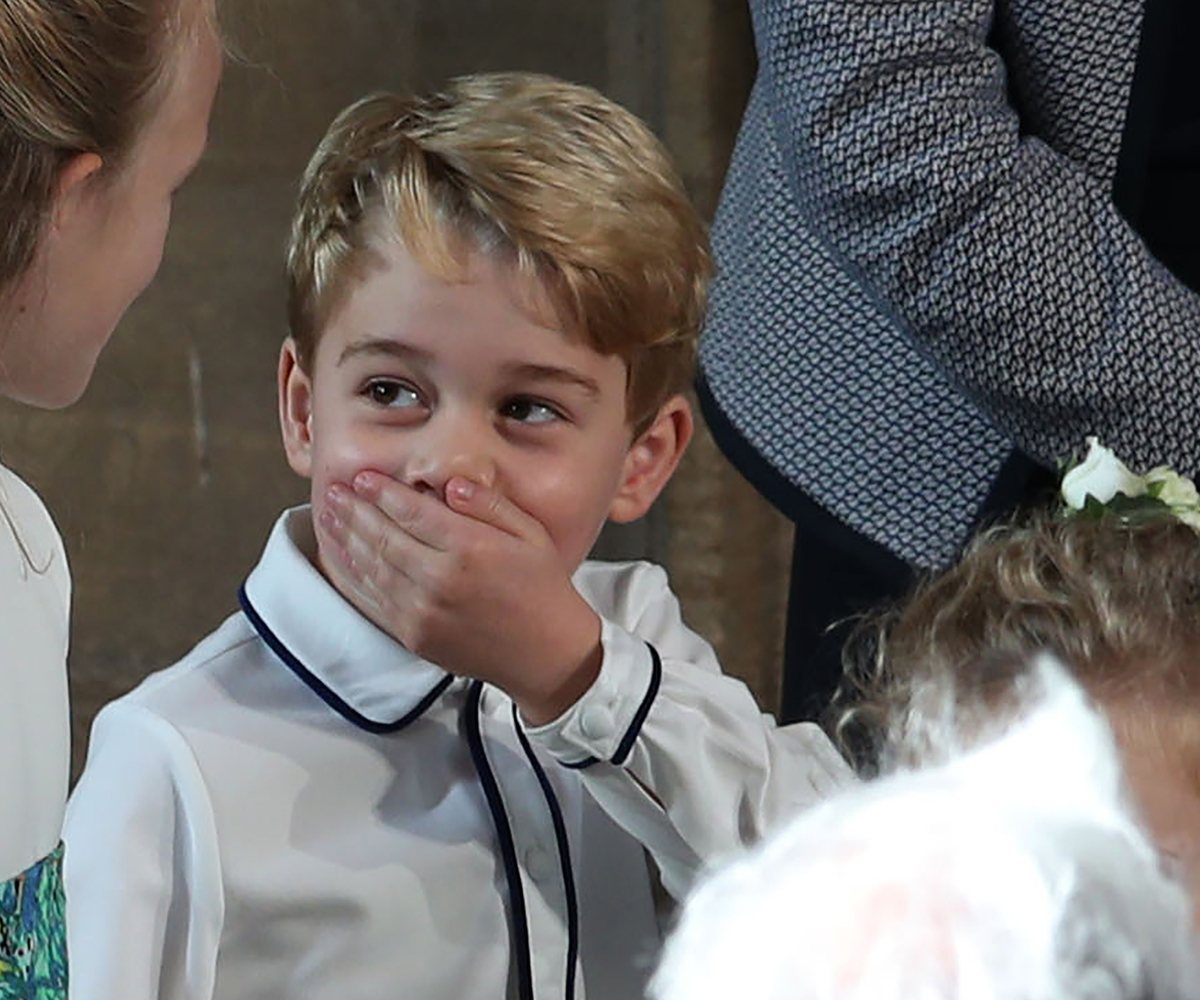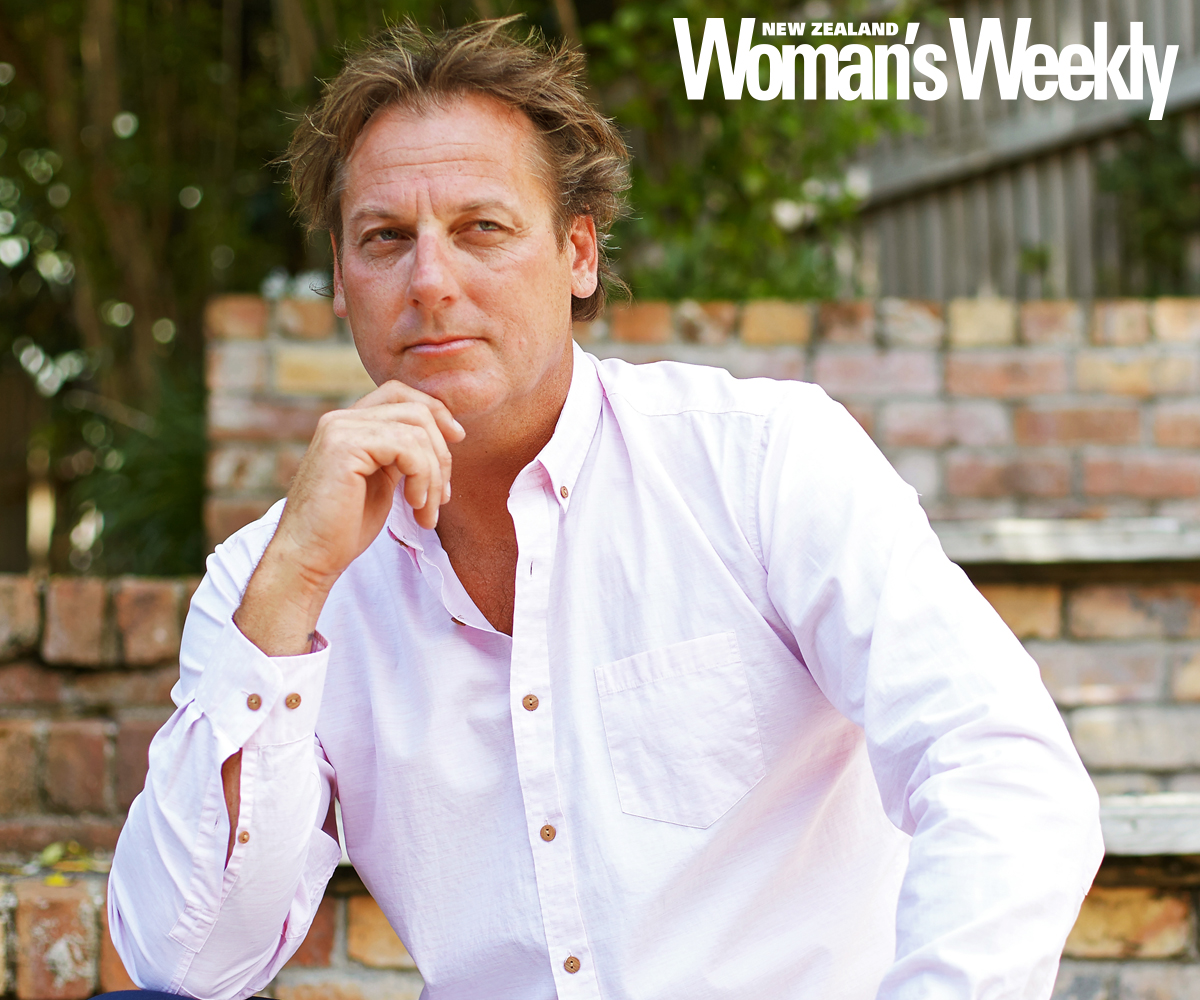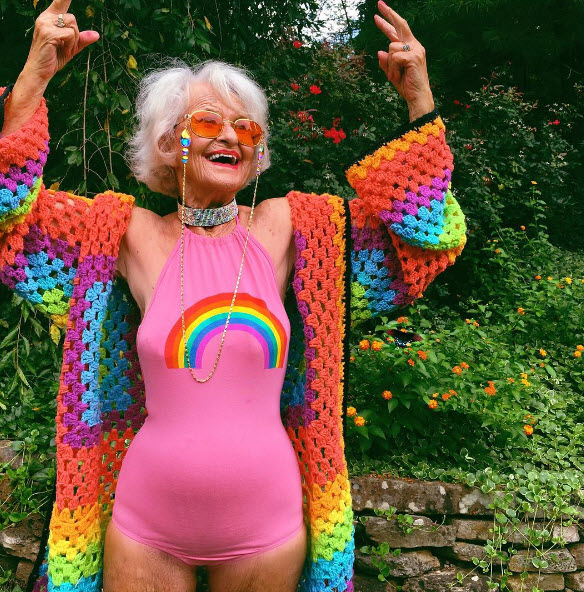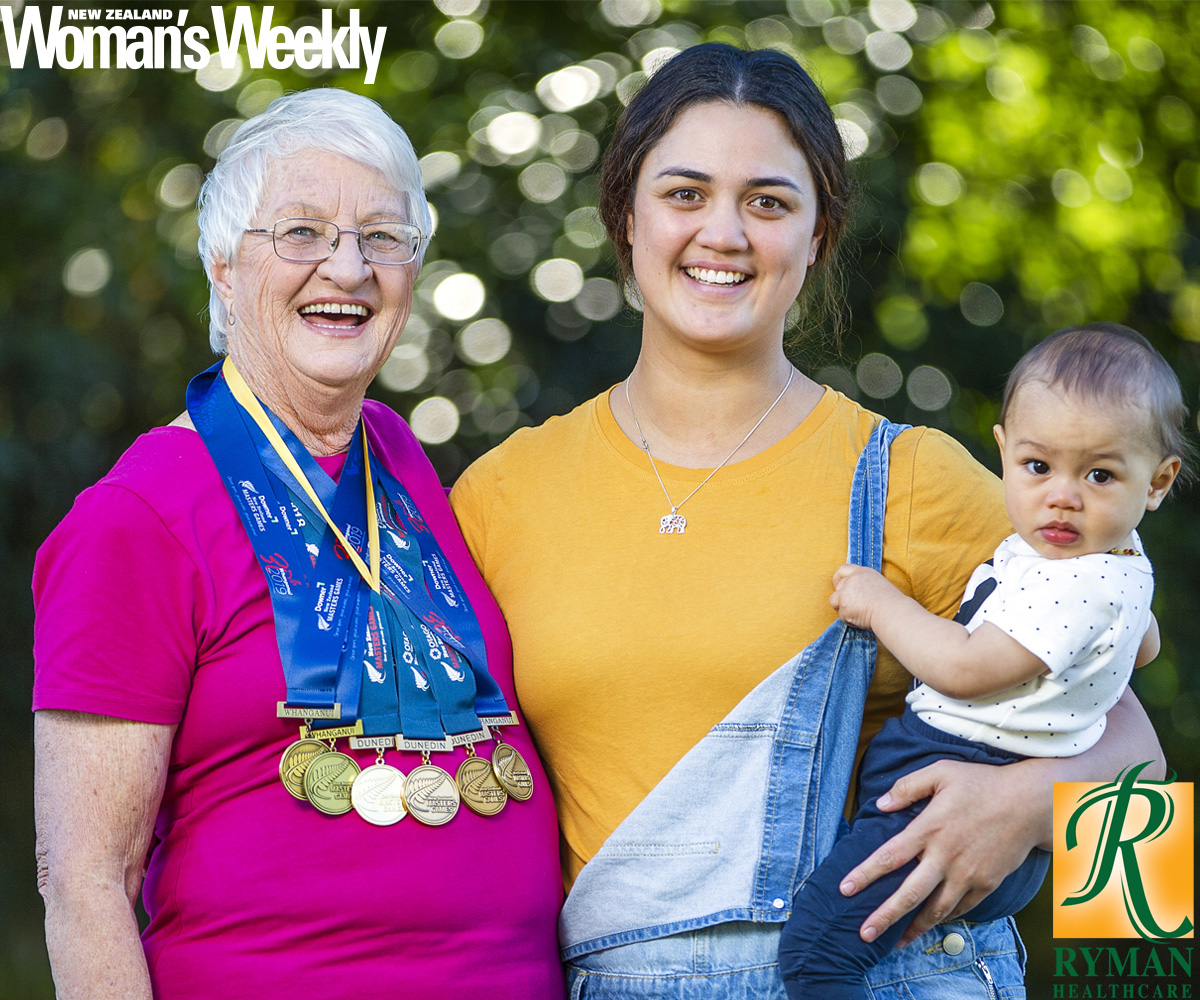Muriel Harrison was an adventurer at heart.
She was also one of those grandmothers who let her grandkids eat biscuits for breakfast in bed whenever they stayed overnight, lovingly turning a blind eye to any crumbs.
To Lizzie Oakes she was the nan who readily offered cuddles and love served with a side of ginger ale or a game of Mah Jong, so when the 79-year-old widow announced she had booked a sightseeing flight to Antarctica with friends, it didn’t surprise the family.
“It was just like, ‘Oh Nan’s off on another adventure!'” smiles Lizzie, who was only 10 at the time.
“I don’t know what made her book the trip at the age she was, other than Antarctica always interested her. It was a part of the world she was fascinated by.”
The trauma of losing her beloved nan on that fateful flight 40 years ago is still keenly felt and Lizzie vividly remembers the night grief was introduced into her childhood.
“I had been at athletics club with my dad. We came home about 7.30pm, finding it odd to see a visitor’s car in the driveway on a weeknight,” she recalls.
“My mum was there with her best friend. They were both sitting very still and quiet, listening to the radio. And the TV wasn’t on. I thought that was so weird and knew something was off.”
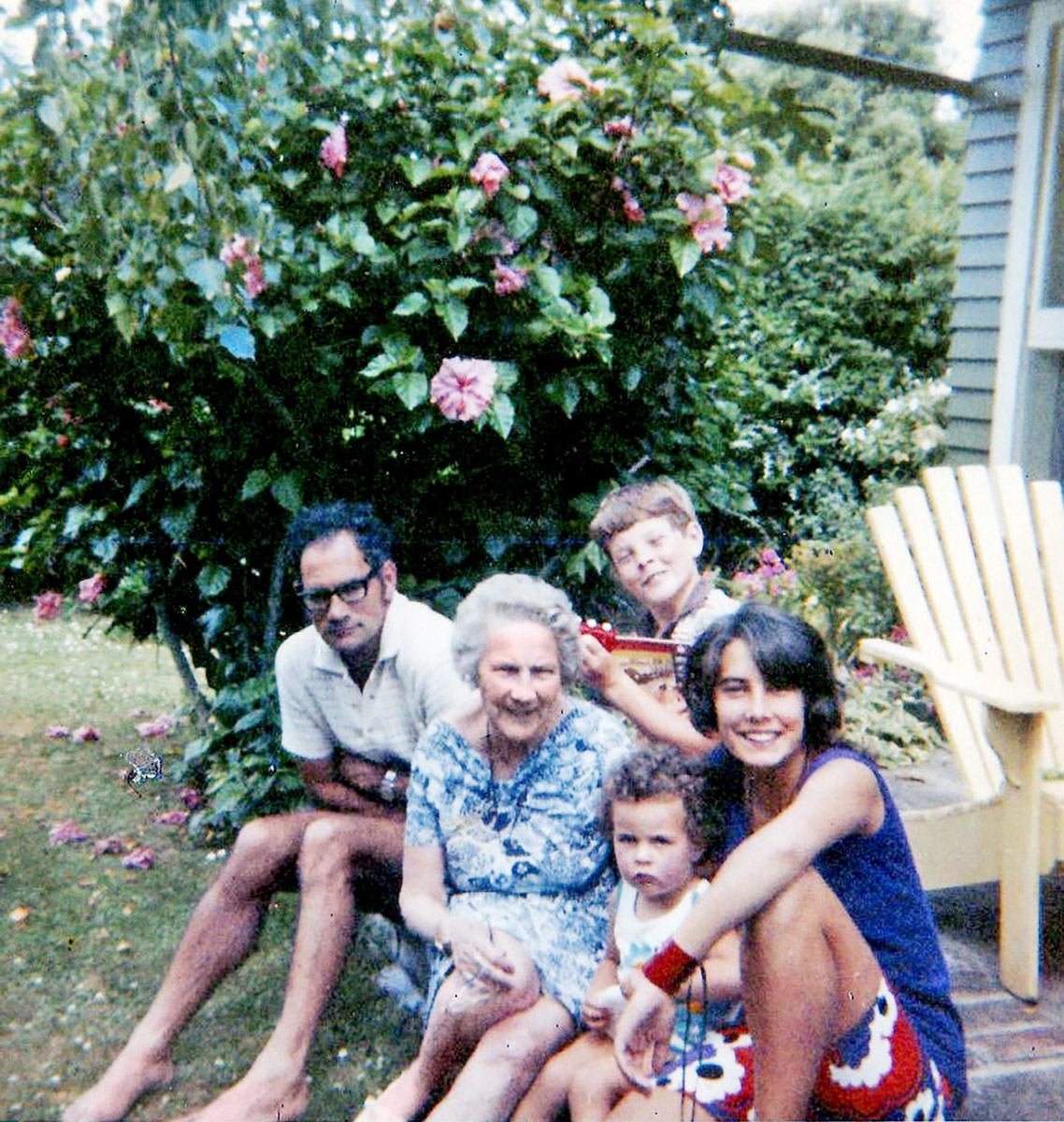
Lizzie’s dad Norman, brother Mark, Muriel, toddler Lizzie and sister Carolyn.
She went to bed but was woken at midnight to a voice outside her bedroom door repeating her nan’s full name: Muriel Florence Rose Harrison.
A different family friend was there, talking on the phone.
“At that point I knew some-thing awful had happened,” tells Lizzie (50) quietly.
“I asked Mum, ‘What’s wrong?’ And she said that Nan’s flight was missing. The next morning she told me the plane had crashed and there were no survivors. I screamed and screamed.
“I was a child dealing with a private grief amidst a public tragedy, not knowing how to process it.”
Lizzie returned to primary school a few days later and was shocked to realise that everybody there knew her nan was part of the Erebus disaster.
In the classroom, the teacher sat reading aloud from a newspaper while classmates talked about the elusive black box.
“They were saying, ‘If we find the black box recording, we’ll know what’s happened.’
“I just sat down at my desk and got a massive blood nose, which would have come from all the stress,” she recounts.
“As terrible as it was, we took comfort that Nan – who was born in South Africa in 1900 − was at least a good age. I’d never thought of her as an old lady though. I would help her deliver Meals on Wheels to people who were probably a similar age to herself, but she was a fit 79-year-old who still swam regularly at the beach.”
Two months after the crash, Lizzie and her mum moved into Muriel’s two-bedroom home overlooking the sea at Campbells Bay on Auckland’s North Shore.
Living there helped with the healing process and made both of them feel as though part of Muriel was still with them.
“I had always loved going to her house; it was a happy place, a place of comfort. We could still smell Nan there too… things like the scent from her linen cupboard.”
Although she’s read books about the inquiry, Lizzie says it has taken her decades to work through what happened, especially to her nan, whose body was never recovered from the slopes of the mountain.
“Looking back now, I realise how important having a body to bury is. I felt stuck in limbo.
“But when my older brother Mark went to Antarctica in 2014 as a representative of our family, and took videos and photos of where Nan perished, I think it put something to rest for me.”
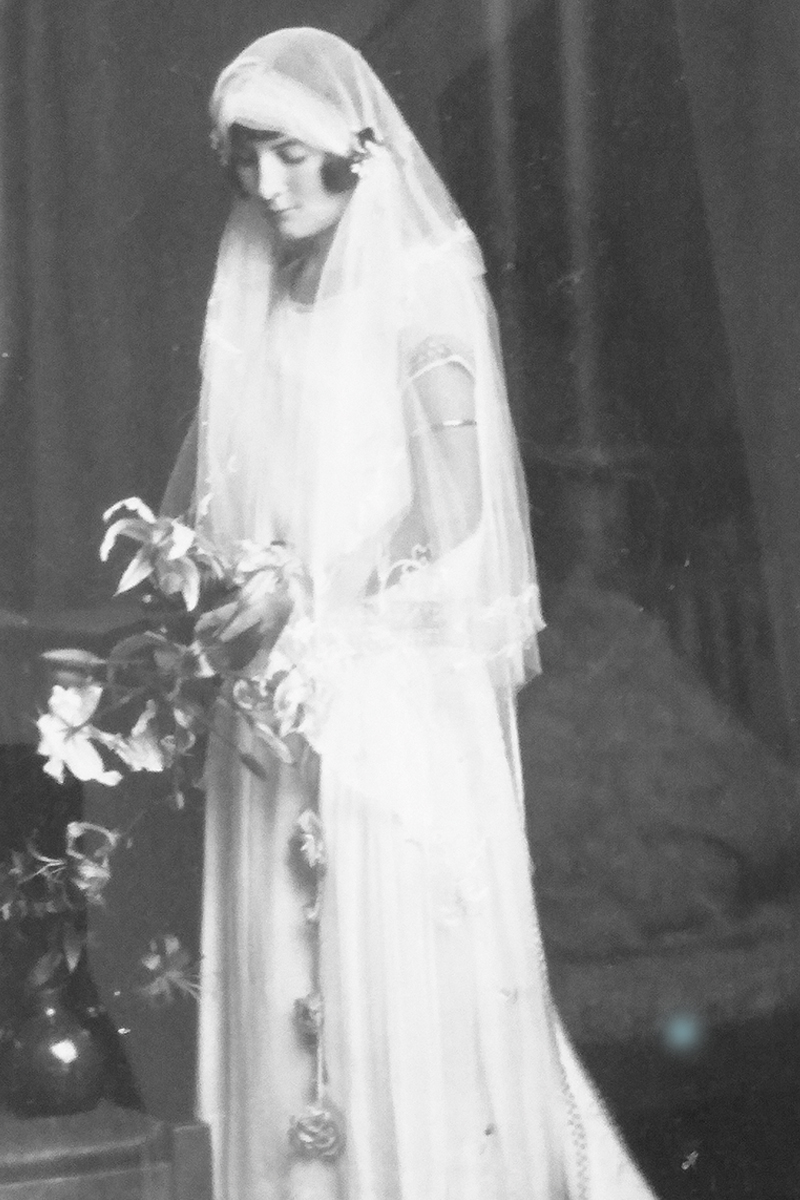
Muriel on her wedding day circa 1923.
It’s only been in recent years that Lizzie feels emotionally ready to honour Muriel publicly, as well as be part of the discussion about the significant effect the accident had on the nation.
This month, the broadcaster is launching a podcast titled Erebus: Engraved On Our Hearts where she’ll talk with others whose lives have been impacted by
the aviation disaster.
“Last year, on the 39th anniversary, I was invited to an Erebus memorial meeting where Prime Minister Jacinda Ardern spoke privately to family members,” explains Lizzie, who works as an announcer on Star Radio.
“Being in that room, I saw there were a lot of people who were still grieving. I could still hear the pain their voices and I sat there in tears, just listening to them. I thought, ‘These people need a safe space to be heard.’
“There’s an amazing community of us out there telling our stories in different ways, through music or prose, so the podcast will capture some of those people too.”
There is also a short film, Muriel’s Erebus, in the pipeline, for which Lizzie recently wrote the screenplay and hopes to get funding for soon.
“Erebus is an important part of our history as New Zealanders and this is a story that needs to be told.”
